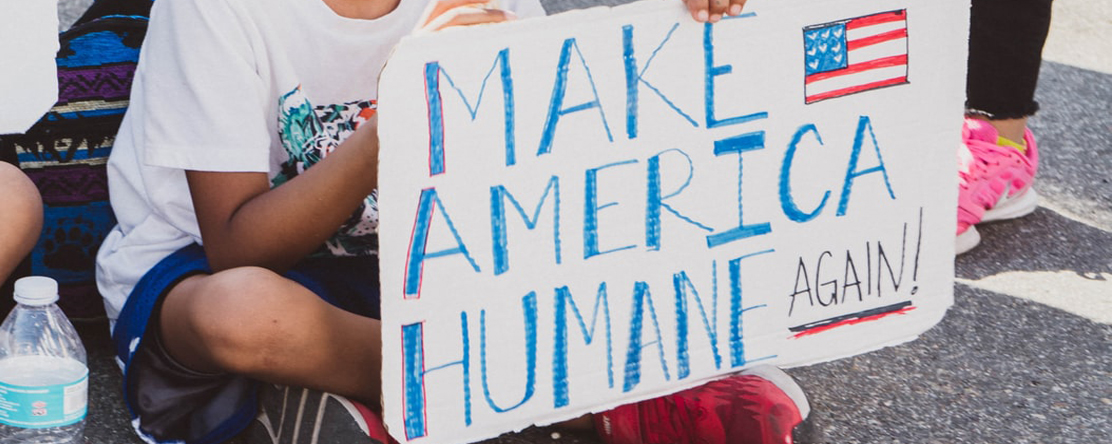
Statement
“Punitive,” “Unacceptable”: PHI Statement on ‘Public Charge’ Rule
-
Expertise
Public Policy Advocacy

STATEMENT FROM MARY A. PITTMAN, CEO AND PRESIDENT, PUBLIC HEALTH INSTITUTE
“Today’s decision by the Trump administration to link green card eligibility with potential usage of public benefits could drastically impact the health, and well-being of millions of those who are most vulnerable in society.
“The new rules would classify anyone ‘more likely than not’ to receive benefits—which could include Medicaid, housing assistance and food assistance under the Supplemental Nutrition Assistance Program, or SNAP—for more than 12 out of 36 months as a public charge, and could disqualify their green card applications. It will require increased scrutiny for applicants below certain income thresholds, and a diagnosed medical condition that requires extensive medical treatment could ‘weigh heavily’ on eligibility. The Migration Policy Institute estimates this could impact more than half of all family-based green card applicants.
“The new rules on green card eligibility are punitive, and send a message that immigrants aren’t welcome here. Worse, they may force thousands of families out of safety net programs that exist simply to meet their most basic needs, such as food and basic healthcare. As many as 1 in 5 low-income immigrants—including some with citizenship status—did not participate in safety net programs because they feared losing their (or a family member’s) green card status.
“It is simply unacceptable, in a country as wealthy and resourced as the United States, to force anyone to choose between green card status and feeding their family or getting their child vaccinated. And it is unacceptable to base the merit of someone’s contributions to our country on how much wealth they have. We have a public health obligation—as well as an ethical one—to protect, care for, and hold in esteem, the lives of all within our country.”
More Updates
Work With Us
You change the world. We do the rest. Explore fiscal sponsorship at PHI.
Support Us
Together, we can accelerate our response to public health’s most critical issues.
Find Employment
Begin your career at the Public Health Institute.



